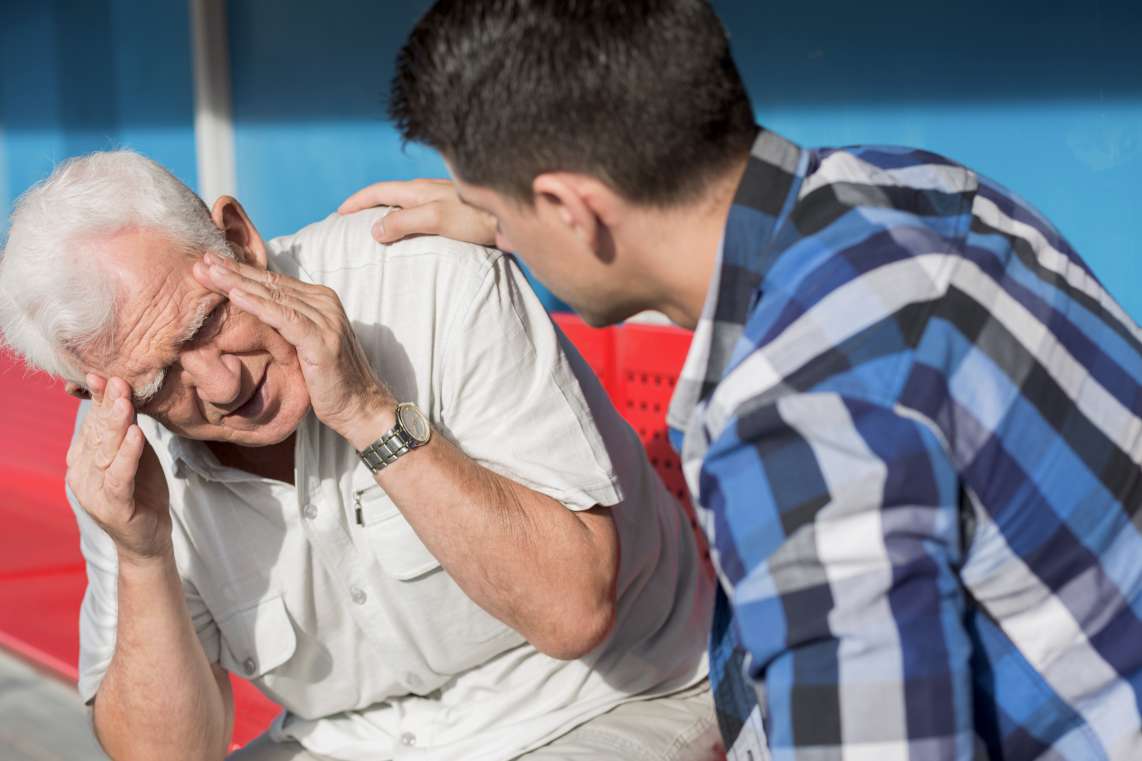
Vestibular Therapy
Vestibular therapy focuses on imbalance issues caused by the ear and vestibular system. Physical Therapy Vestibular Rehabilitation addresses symptoms such as: dizziness, visual disturbances, imbalance, and gaze instability. Vestibular disorders such as Vertigo require specific tailored interventions by a physical therapist otherwise these symptoms can worsen and be life crippling.
The Vestibular Disorder Association provides Summary of Vestibular Symptoms:
Dizziness: A sensation of lightheadedness, faintness, or unsteadiness.
Imbalance: Unsteadiness or loss of equilibrium that is often accompanied by spatial disorientation.
Vertigo: A rotational, spinning component, and is the perception of movement, either of the self or surrounding objects.
Brain fog: When the brain is dedicating a great deal of energy to maintain equilibrium and stay steady, activities such as recalling details or short-term memory may become more difficult, and thinking might seem “slow”.
Tinnitus: Abnormal noise perceived in one or both ears or in the head. May be intermittent or continuous and can be experienced as a ringing, hissing, whistling, buzzing, or clicking sound and can vary in pitch from a low roar to a high squeal.
Hearing loss: Reduction in the ability to hear sounds is a common symptom of many vestibular disorders. When VeDA conducted a patient poll, over two thirds reported that they had hearing loss in one or both ears.
Vision impairment: The link between the vestibular system and vision, vestibulo-ocular reflex (VOR), is described in detail with information on evaluation, treatment, coping strategies, and potential solutions for vision correction, including glasses and contact lenses.
Nausea: The feeling of being nauseated.
Cognitive changes: Difficulty thinking, paying attention/concentrating, recalling basic facts (such as your own phone number), short-term memory loss, etc.
Psychological changes: Due to the unpredictable nature of symptoms and the chronic nature of most disorders, vestibular patients tend to suffer from anxiety and/or depression.
Motion sickness: Symptoms appear when the central nervous system receives conflicting messages from the visual system and the vestibular system in the inner ears.
The type and severity of vestibular symptoms can vary considerably, and they be frightening and difficult to describe. People affected by vestibular disorders may be perceived as inattentive, lazy, overly anxious, or seeking attention. Functioning at work or school, performing routine daily tasks, or just getting out of bed in the morning may be difficult.
Physical therapy will assist with balance activities and transfer training to increase mobility. Included in the physical therapy plan of care will be endurance condition, strength training, targeted vestibular exercises, and coordination exercises and activities to increase the patients independence and reduce the affects of Vertigo .
